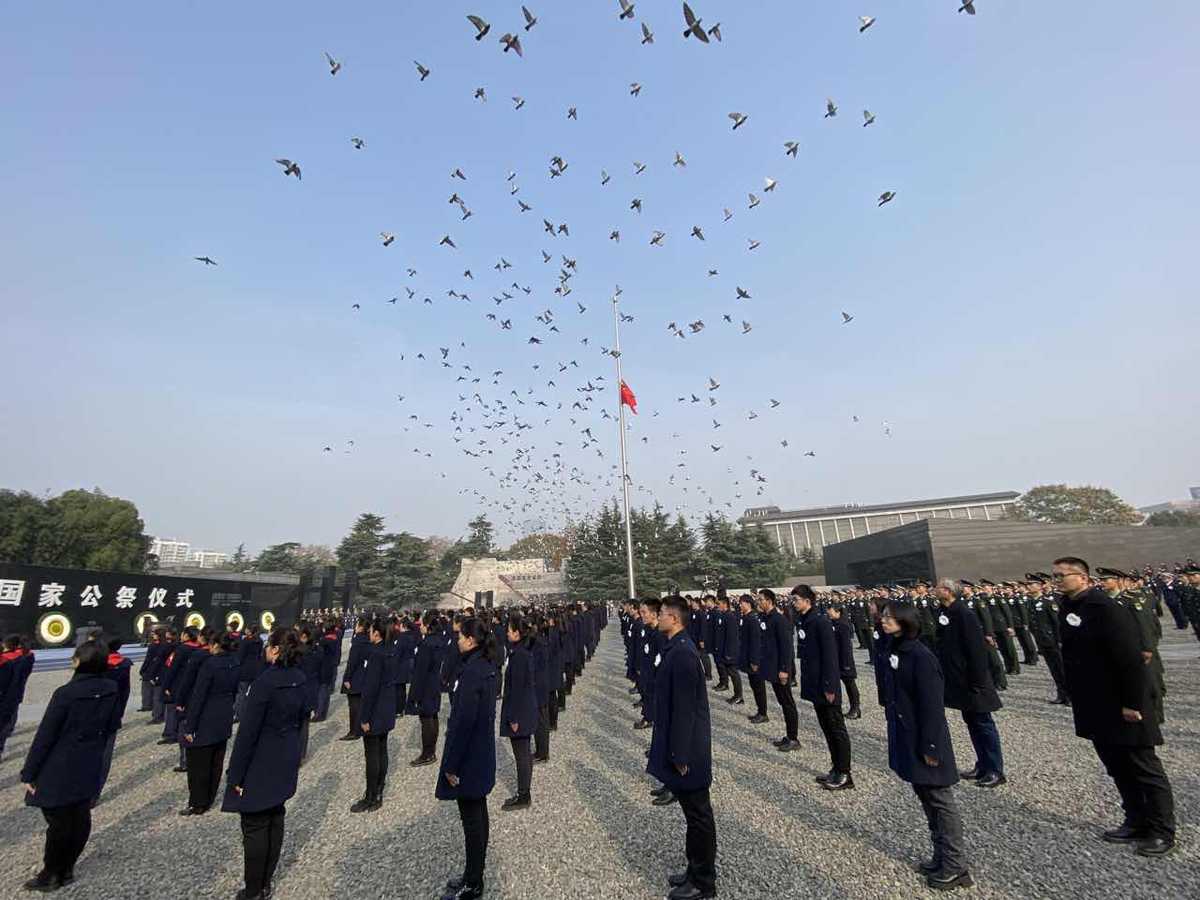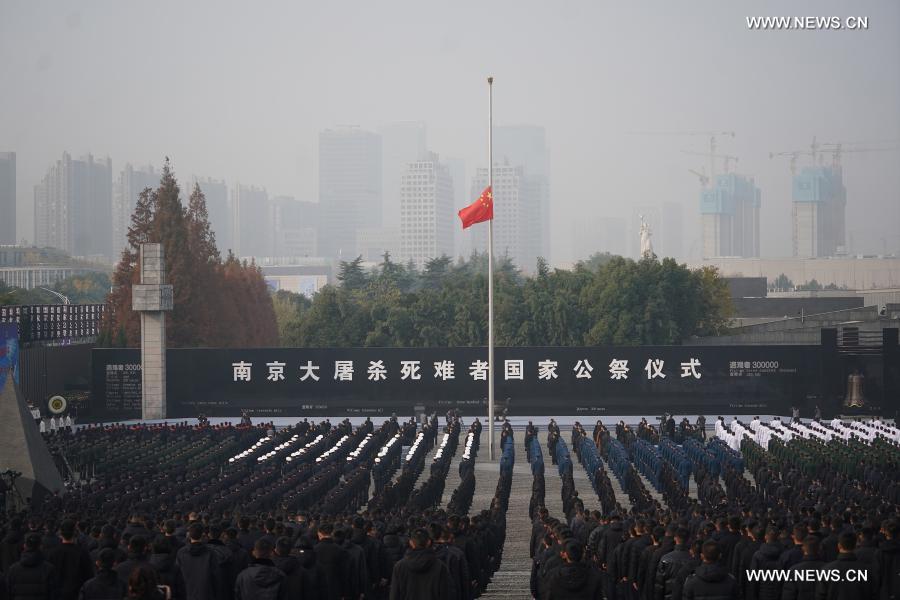China marked the 83rd anniversary of the Nanjing massacre last Sunday in a formal remembrance of the atrocities suffered in the country’s east under Japanese occupation.
From 1937 until the end of World War Two in 1945, Japanese Imperial troops violently suppressed huge swathes of China. The massacre in Nanjing, China’s capital at the time, involved the rape and murder of tens of thousands of people. Some estimates put the number in the hundreds of thousands.
The Communist Party of China took a forward-looking tone at the ceremony. Senior party official Chen Xi said the Nanjing massacre was “an inhuman act” but that the remembrance helped to “open a new chapter in our future”.
China’s sacrifice in the struggle against fascism is often underplayed in history books.
China had the second-highest casualty count after the Soviet Union in World War Two. The damage this caused to the infrastructure, coffers and people of China played a huge role in the hardships of the following decades.
For decades, the Japanese government apologised profusely for the atrocities inflicted across East Asia during the war. During recent years, however there’s been an insurgence among the far-right in Japan.
The recently departed Prime Minister, Shinzo Abe, often took an inflammatory tone and brashly contradicted the prior apologies. Early on in his role he claimed, “things that happen between countries appear different depending on which side you’re looking from” and that Class A war criminals “are not criminals under the law of Japan”.
A 2010 poll found that 58% of South Koreans “believe Japan has not apologised sufficiently” for its actions. Beijing too has criticised Tokyo’s change of tone in recent years.

Tensions have threatened to escalate in the East China Sea as nations dispute their rights to maritime areas that come within the standard 200-mile demarcation line from multiple countries’ coast.
The pacifist constitution imposed on Japan after World War Two increasingly looks like memorabilia as military spending skyrockets and the collaboration with American imperialism grows.
China’s policy of non-interference has mostly kept Beijing out of foreign conflict since the imperialist occupation of Nanjing in 1937. As hostile powers continue to surround Beijing, it hopes to move forward, leaving the atrocities of war as an important memory.
Mali Kakembo, is a member of the Welsh YCL



